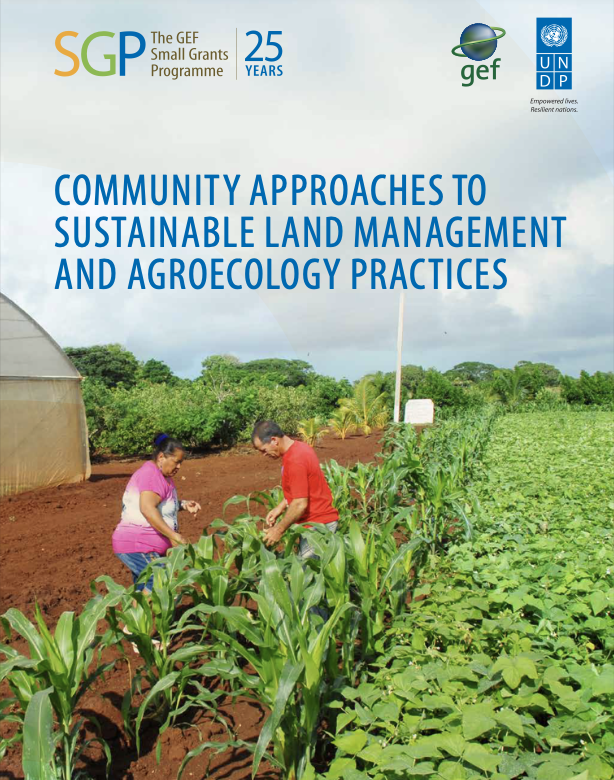Credibility of institutions in Addis Ababa (Ethiopia), effects of government policies on real estate developers
Credibility is the measure of how institutions are perceived as a result of autonomous endogenous patterns of interaction and power differences. It is not the tenure security in the sense of neo-classical economics that matters but the perceived security and whether developers have the assurance to retain the fruits of their investment. What matters in performance of institutions is not their form but their functions as it is determined temporally and spatially in terms of economic efficiency, stability and growth.



